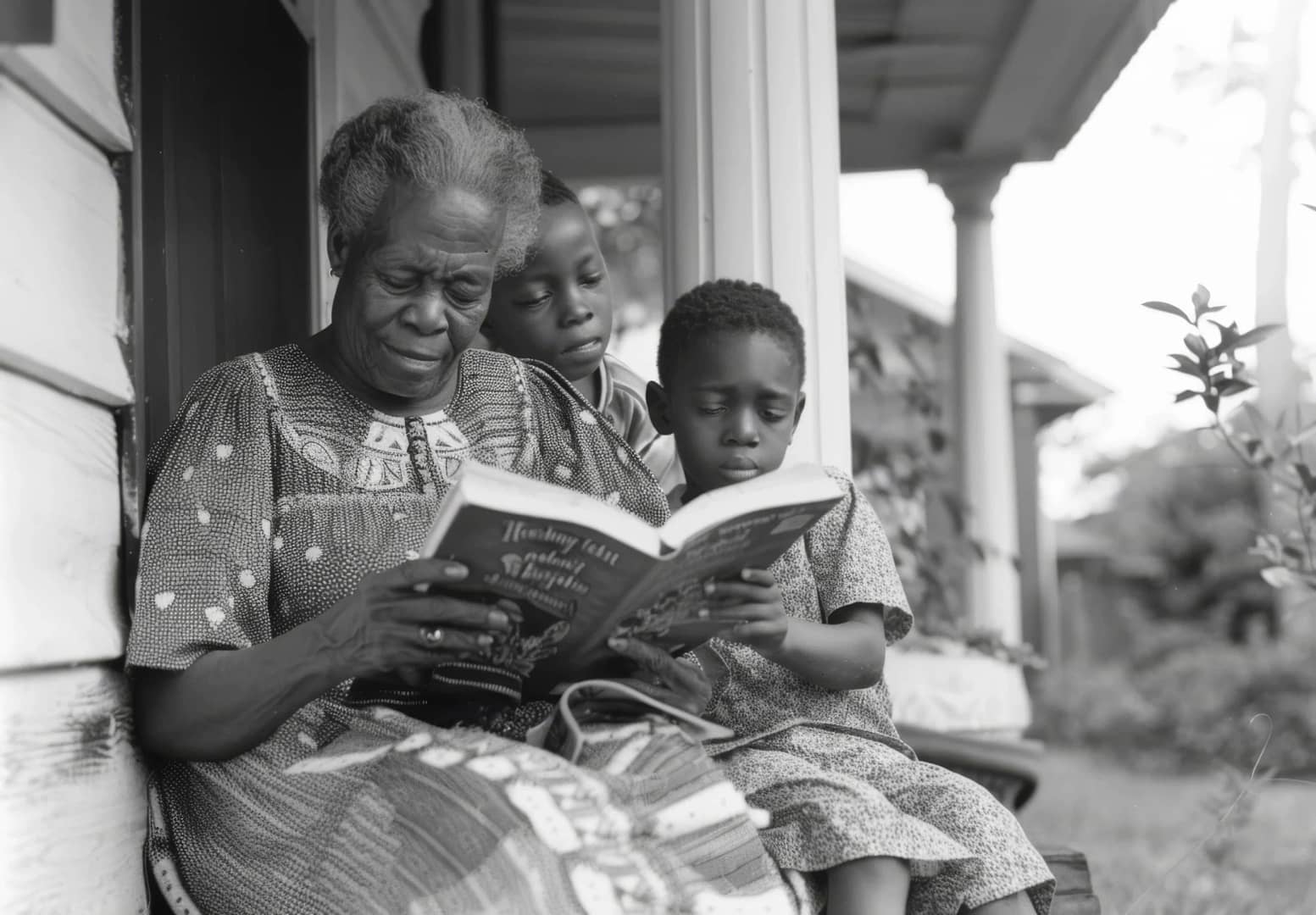Coping with Your Child’s Chronic Illness or Disability Diagnosis: A Parent’s Journey
Discover essential strategies for parents coping with their child’s chronic illness or disability diagnosis. Learn how to process your feelings, seek support, and advocate for your child’s needs.
Has your child been recently diagnosed with a chronic illness or disability?
Are you feeling confused by the diagnosis? Overwhelmed by emotions and living in crisis mode? If so, you are not alone. The journey begins with understanding that a chronic illness or disability diagnosis can significantly impact your family, evoking a wide range of emotional responses.
It’s natural for parents of chronically ill and disabled children to experience intense feelings such as denial, anger, bargaining, depression, and eventual acceptance. These emotions often cycle back and forth, creating a tumultuous emotional landscape. The days following a chronic illness or disability diagnosis can feel especially daunting, as the reality of the situation begins to sink in.

When faced with the news of a chronic illness or disability diagnosis, such as Autism or Cerebral Palsy, it can feel like your world has turned upside down. Each day may seem overwhelming, filled with questions and uncertainties. Every parent copes differently, and it’s common for caregivers to feel helpless during this challenging time. Many experience emotional breakdowns and may require psychological support to navigate through the complexities of their feelings. Remember, it takes time to process these feelings, and you will navigate through them, step by step.
Parents and immediate siblings often feel the most significant impact of a chronic illness or disability diagnosis. The initial shock may lead to questions like, “Why did this happen to my child?” or “What does this mean for our future?” These questions, while difficult, are entirely valid and part of the grieving process associated with a diagnosis that changes everything.
Effective Ways to Cope with Your Child’s Diagnosis
Although navigating a chronic illness or disability diagnosis can be overwhelming, there are proactive steps you can take to ensure the best quality of life for both you and your child. Here are seven helpful tips to guide you through this difficult time:
-
Allow Yourself Time to Process and Accept the Diagnosis:
After a chronic illness or disability diagnosis, it’s essential to give yourself permission to grieve and process the news. Understand that experiencing a range of emotions is normal. You may find yourself cycling through denial, anger, unproductive bargaining, depression, and finally, acceptance. This process varies from person to person; there is no right timeline. Embrace your feelings as they come, and know that acceptance and hope for the future will gradually emerge. -
Cultivate Hope:
Amid the challenges presented by a chronic illness or disability diagnosis, maintaining hope is crucial. Focus on the brighter side of things. While the path ahead may seem daunting, know that your child can receive effective therapies and support. Many families have seen significant improvements through consistent intervention, education, and love. -
Seek Social Support:
Building a strong support system is vital during the days and weeks following your child’s chronic illness or disability diagnosis. Family members and close friends can provide emotional comfort and practical assistance. Don’t hesitate to share your fears and concerns with someone who understands your situation. Additionally, consider joining community support groups or online forums where you can connect with other parents facing similar challenges. These groups can provide camaraderie and reassurance, reminding you that you are not alone in your journey. -
Recognize Your Child’s Uniqueness:
In the wake of a chronic illness or disability diagnosis, it’s important to remember that your child is unique and individual. Focus on the progress your child makes rather than their limitations. Every child reaches developmental milestones at their own pace, and comparing your child to siblings or peers can create unnecessary stress. Celebrate your child’s unique abilities and achievements, no matter how small they may seem. -
Cherish Your Child:
A chronic illness or disability diagnosis may change many aspects of your life, but it should not overshadow the joy your child brings. Enjoy the journey and cherish the moments you share. Celebrate small victories, and make an effort to find joy in everyday activities, even when challenges arise. Building positive memories can help foster resilience and strengthen your family bond. -
Educate Yourself about the Disability:
As a parent, you are your child’s best advocate. After receiving a chronic illness or disability diagnosis, devote yourself to learning as much as you can about the condition. Understanding the nuances of your child’s disability will empower you to collaborate effectively with healthcare and educational professionals. Don’t hesitate to ask questions and seek clarification to ensure the best possible outcomes for your child. -
Consider Individual Counseling and Therapy:
If, after some time, you still feel emotionally stuck and unable to move on, consider seeking professional help. Many hospitals provide parents with individual counseling services to help process the emotional impact of a chronic illness or disability diagnosis. Additionally, self-care is crucial; avoid becoming consumed by your caregiving role. Taking time for yourself, even if it’s just a walk in the park or a moment to relax, can help prevent caregiver exhaustion.
Related: How To Teach Your Kids About Money
Final Thoughts on Chronic illness or Disability Diagnosis
Accepting a chronic illness or disability diagnosis is not an easy task, but it can pave the way for deeper connections with your child and family. Reaching a place of acceptance allows you to move forward with confidence and joy, enabling you to advocate effectively for your child’s needs.
Remember that your feelings are valid, and the journey may take time. Surround yourself with supportive individuals, educate yourself, and cherish the moments with your child. With perseverance and hope, you can navigate this challenging path and create a fulfilling life for both you and your child.
Until next time, have an empowered day!
Helpful Resources:
-
National Parent Helpline nationalparenthelpline.org
-
Parent to Parent USA parenttoparent.org







One Comment
Comments are closed.